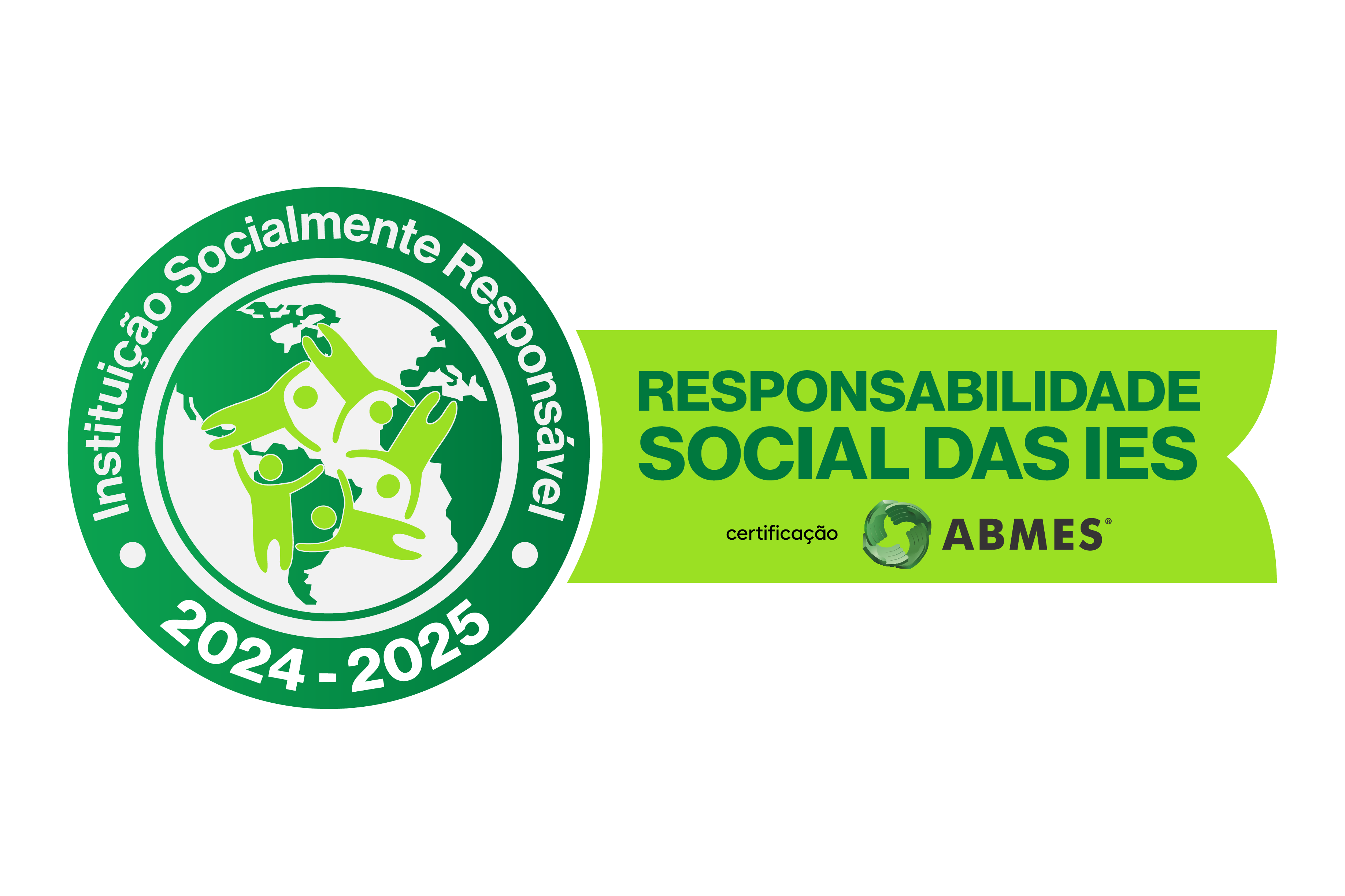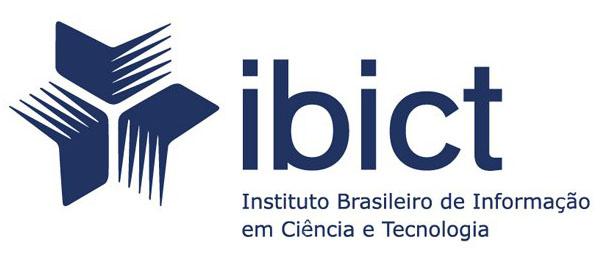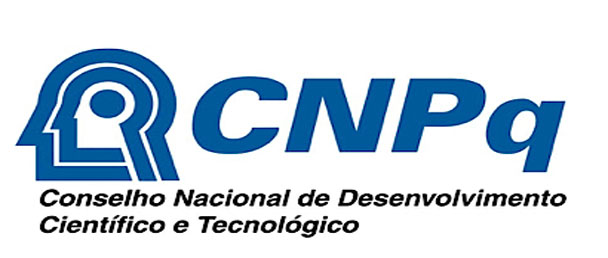A prevalência da Síndrome de Burnout em relação aos processos acadêmicos vividos pelos formandos de Psicologia
The prevalence of Burnout Syndrome in relation to the academic processes experienced by Psychology graduates
Abstract
The study of burnout syndrome has been increasingly frequent and important in the current academic context. Considering the relevance of this topic, this study aimed to investigate the prevalence of burnout syndrome among graduating psychology students and its relationship with the academic routine
experienced. For this purpose, a quantitative field research was conducted with 80 graduating psychology students from colleges in the city of Fortaleza. A sociodemographic questionnaire and the Maslach Burnout Inventory for Students, known as MBI-SS, were administered via Google Forms. The data were analyzed using the Statistical Package for the Social Sciences (SPSS). Regarding the students' routine dynamics, the results showed that 80% of the students engage in work or internship activities and 78.8% engage in domestic activities. It was also observed that those students who engage in physical activities showed a decrease in burnout dimensions. Regarding the levels of burnout presented by the students, the results indicated high levels in the emotional exhaustion and cynicism dimensions, and medium levels in the professional efficacy dimension, showing a propensity for thdevelopment of burnout syndrome among students. Upon analyzing the data, it was found that work or internship activities and domestic activities significantly contribute to the development of burnout syndrome in students.
Downloads
Metrics
References
BRASIL. Conselho Federal de Psicologia. Código de Ética Profissional do Psicólogo. Brasília, p. 8, 2005.
BRASIL. Conselho Nacional De Saúde. Resolução nº 466, de 12 de dezembro de 2012. Diário Oficial da República Federativa do Brasil, p. 59, 2013.
BRASIL. Conselho Nacional De Saúde. Resolução nº 510, de 07 de abril de 2016. Diário Oficial da República Federativa do Brasil, p. 44-46, 2016.
CARDOSO, Hugo Ferrari et al. Síndrome de burnout: análise da literatura nacional entre 2006 e 2015. Revista Psicologia Organizações e Trabalho, v. 17, n. 2, p. 121-128, 2017.
CARLOTTO, Maria Sandra; CÂMARA, Sheila Gonçalves. Características psicométricas do Maslach Burnout Inventory-Student Survey (MBI-SS) em estudantes universitários Brasileiros. Psico-USF, v.11, n.2, p.167-173, 2006.
COZBY, Paul C. Método de pesquisa em ciências do comportamento. São Paulo: Editora Atlas S.A., 2003.
DE CÁSSIA FOGAÇA, Monalisa et al. Burnout em estudantes de psicologia: diferenças entre alunos iniciantes e concluintes. Aletheia, n. 38-39, 2012.
FIELD, Andy. Descobrindo a estatística usando o SPSS. 2.ed. Porto Alegre: Artmed, 2009.
GIL, Antonio Carlos. Métodos e técnicas de pesquisa social. 6.ed. São Paulo: Editora Atlas S.A.,2008.
MAROCO, João et al. O Burnout como factor hierárquico de 2ª ordem da Escala de Burnout de Maslach. Análise Psicológica, v. 26, n. 4, p. 639-649, 2008.
MINAYO, Maria Cecília de Souza; DESLANDES, Suely Ferreira; GOMES, Romeu. Pesquisa Social: Teoria, método e criatividade. 28. ed. Petrópolis: Editora Vozes, 2009.
OLIVEIRA, Adriana Rivoire Menelli de. Inovação no ensino superior–desafios e perspectivas nos espaços acadêmicos. Porto Alegre, 2014.
RUDÁ, Caio; COUTINHO, Denise; ALMEIDA FILHO, Naomar de. Formação em psicologia: uma análise curricular de cursos de graduação no Brasil. Revista Curriculum, v. 17, n. 2, p. 419-440, 2019.









